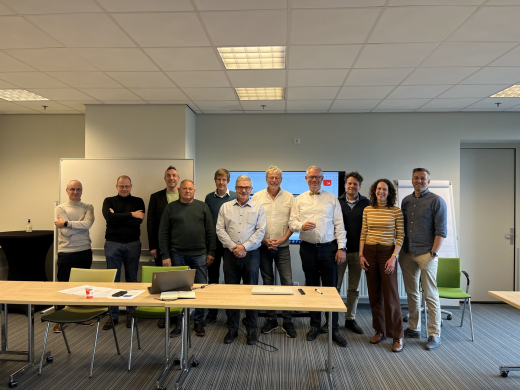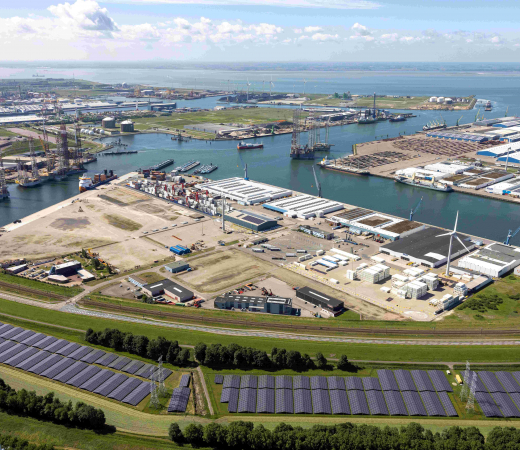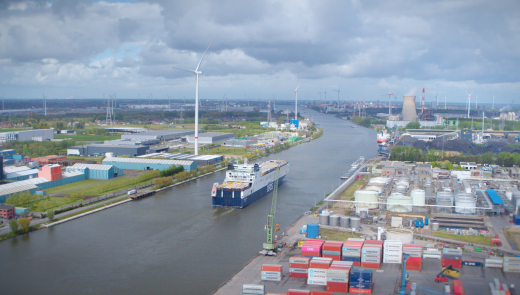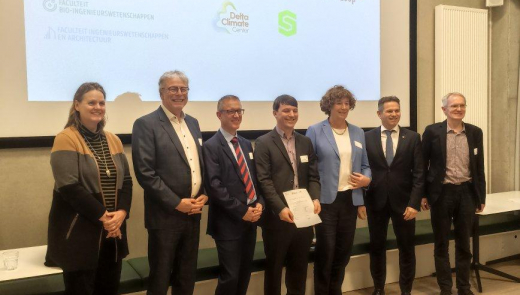
Cooperation crucial for converting waste into valuable raw materials

The unique location of the Smart Delta Resources industrial cluster in the cross-border Scheldt Delta region, the diversity of the industrial sectors present and the many years of experience in collaborating within this cluster make Smart Delta Resources promising in the transition to greater use of secondary raw materials.
At the beginning of last year, Smart Delta Resources asked Rebel to conduct a study into the regional availability of waste and residual flows that could serve as suitable raw materials for two specific recycling technologies, namely gasification and pyrolysis. These technologies in particular have the potential to replace the region's current fossil raw materials with circular alternatives.
When designing the study, Smart Delta Resources formulated three guiding principles in collaboration with Rebel:
- Waste hierarchy: the study had to focus on creating a supplement to mechanical reprocessing. There should be no competition for streams that are known to be mechanically reprocessable.
- Technology: as explained above, the study focused on streams that are known to be suitable for gasification or pyrolysis.
- Volume: in order to achieve a large, positive impact, the emphasis had to be on streams that exist in large volumes or will arise in the future.
Following an intensive process involving partners on both sides of the border, Rebel's study was recently published by Smart Delta Resources. The main conclusions drawn by Smart Delta Resources based on the study are as follows:
- Availability & accessibility: in terms of quantity and quality, there are basically sufficient waste and residual flows available. The unique location of the cluster, characterised by good logistics channels and access routes (transport corridors), also makes these waste and residual flows accessible.
- Linear to circular: traditional value chains end in incineration (conversion to energy). The challenge lies in building circular value chains in which raw materials from waste and residual flows are converted as fully as possible into main and secondary products. Our cluster is ideally suited to this.
- Policy challenges: the formal recognition of chemical recycling, uncertainties surrounding end-of-waste status and cross-border transport can hold back the transition to a circular economy. The intended unique circular system in the region demonstrates the importance of removing these obstacles. It is therefore crucial to remove these barriers as much as possible in the coming years through close public-private cooperation.



